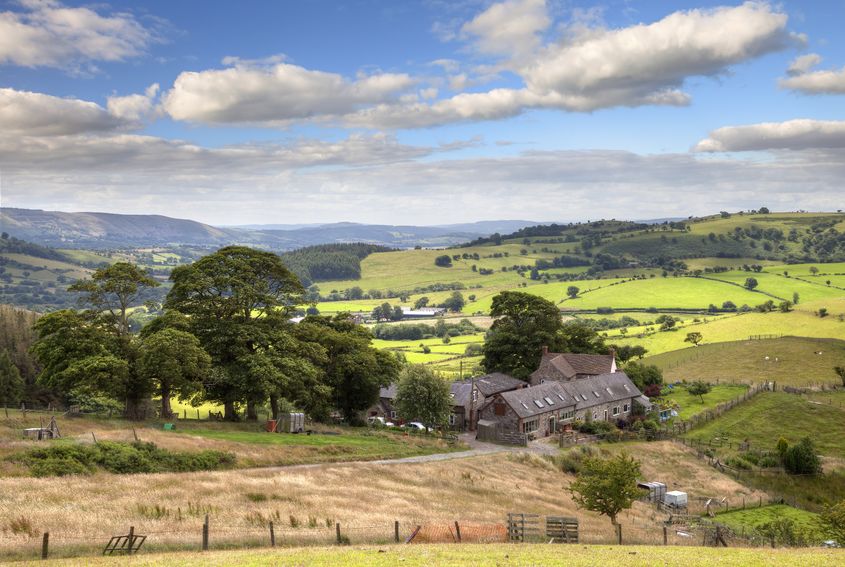
Two weeks on from the momentous decision by the British public to leave the European Union, discussions are starting to take place to decide on what a post-Brexit Britain could look like for farmers.
Adam Bedford, regional director at NFU North East, said it’s time to ‘roll our sleeves up and have a blank sheet of paper to craft a policy that works very well for farmers.’
Amidst the widespread political uncertainty that has followed Brexit, Adam called for assurances around issues of income, trade and regulation.
He said that the NFU was now at the beginning of the biggest farming consultation in a generation to get the policy right.
It is calling on farmers to engage and have their say to make sure the policy is right for them and their businesses in the future.
The NFU Council launched farming’s 'most significant consultation' over the impact of Brexit on agriculture and what a domestic farming policy should look like in the future outside the EU.
The agreed principles from the NFU are:
• Farmers must get the best possible access to markets in the rest of Europe. Although the UK will not be a member of the EU, it will still be a major trading partner for the foreseeable future.
• Currently the UK benefit from more than 50 trade agreements with countries in the
rest of the world. Farmers will continue to need these kind of arrangements in future, whether this means negotiating new deals or not.
• A key question we had to the Leave camp, and on which we never received a clear answer, was what kind of access would an independent UK give to imports from the rest of the world? Our requirement is that we are not open to imports which are produced to lower standards.
• During the referendum the NFU has repeatedly drawn attention to the sector’s need for access to migrant labour, both seasonal and full-time. Outside the EU farmers will need some kind of student agricultural workers scheme, which is open to students from around the world.
• Leaving the EU gives farmers the opportunity to build a new domestic agricultural policy which is adapted to British people's needs, easy to understand and simple to administer. The NFU will be looking for guarantees that the support given to British farmers is on a par with that given to farmers in the EU, who will still be the UK's principal competitors.
• The NFU says it wants to see a rural development policy which focuses on enhancing competitiveness. Britain has been a pioneer in agri-environmental schemes, but these are currently running out of steam - in part because of over prescriptive EU rules. "We must take this opportunity to devise better schemes," the NFU said.
• If there was one message which came over loud and clear in farmer meetings it was frustration with European regulation and its handling of product approvals, due to an over-politicised approach and excessive use of the precautionary principle. British farmers now have a golden opportunity to ensure arrangements are in future proportionate and based on sound science.
Most farmers voted to leave the European Union
A poll conducted just before the referendum revealed that nearly two-thirds of farmers intended to vote to leave the European Union.
Richard Bramley, an arable farmer and member of the NFU environment forum, believes that regulation and problems with the common agricultural policy played a vital role in farmers voting to leave.
He said that it was important that a new government did not try to simply reinvent the Common Agricultural Policy to create a British version.
He believes the Government needs to put real ‘value on what farming brings to the countryside.’
Will Terry, a mixed arable and livestock farmer, said he was really looking forward to the challenge that Brexit had brought and that there was now opportunity for real changes in the agricultural industry.
He said he hoped that British produce would still be able to be sold into Europe but would be against paying sums of money into the EU to keep trading with the countries within it.
All previous trade negotiations were carried out by the EU and Will believes that being free from that will open up trade with the rest of the world.
